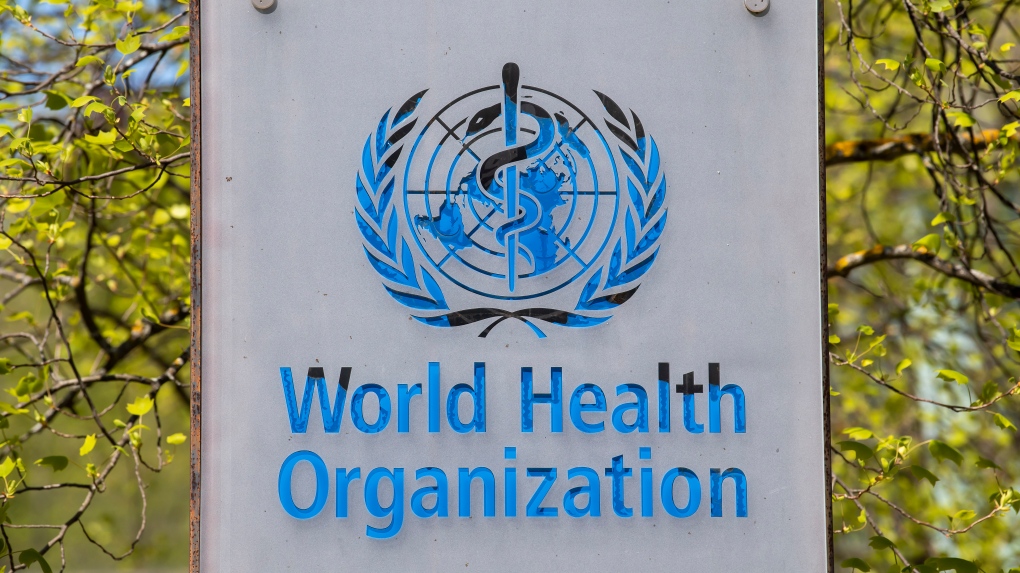LONDON -
Drugs that combat obesity are under consideration for the first time for the World Health Organization's "essential medicines list," used to guide government purchasing decisions in low- and middle-income countries, the UN agency told Reuters.
A panel of advisers to the WHO will review new requests for drugs to be included next month, with an updated essential medicines list due in September.
The request to consider obesity drugs was submitted by three doctors and a researcher in the United States. It covers the active ingredient liraglutide in Novo Nordisk's NOVOb.CO obesity drug Saxenda, which will come off patent soon, allowing for cheaper generic versions.
The panel could reject the request or wait for more evidence. A decision by the WHO to include Saxenda and eventual generics on the list for adults would mark a new approach to global obesity by the health agency.
It could also pave the way for a newer, more powerful treatment from Novo Nordisk called Wegovy to be recommended for low- and middle-income countries in future.
However, some public health experts warn against introducing such medicines too broadly as a solution to a complex condition that is still not completely understood.
"We believe it is a work in progress," said Francesco Branca, WHO director of nutrition, at a press briefing on Wednesday, referring to the use of drugs as obesity treatments.
He said there were still issues around the cost of liraglutide as well as the fact that it had not been in use long enough which may make inclusion on the list unlikely, but it was up to the expert committee to review the evidence and decide.
"At the same time, WHO is looking at the use of drugs to reduce weight ... in the context of a systematic review for guidelines for children and adolescents," he said.
Over 650 million adults worldwide are obese, more than triple the rate in 1975, and roughly another 1.3 billion are overweight, according to the WHO. The majority of obese and overweight people – 70 per cent - live in low- and middle-income countries.
EXPANDING ACCESS
Including obesity drugs among the WHO's essential medicines could have great significance for that population. Experts say that adding HIV drugs to the list in 2002 helped to make them much more widely available to AIDS patients in poorer countries.
“At present, there are no medications included in the (list) that specifically target weight loss for the ongoing global burden of obesity,” wrote U.S. researcher Dr. Sanjana Garimella from Yale New Haven Health, Dr. Sandeep Kishore from the University of California, San Francisco, and colleagues to the WHO in requesting the addition. They did not respond to Reuters requests for comment.
They argue that while the list includes mineral supplements for nutritional deficiencies, the lack of weight-loss treatments represents a "discrepancy" in global health equity, given the increasing number of deaths in poorer nations hastened by weight-related illness, including heart disease and diabetes.
Saxenda, a once-daily injection, has been shown to help people reduce 5 to 10 per cent of their body weight, at $450 per month in the United States and $150 per month in Europe.
People using Wegovy, a weekly injection that costs more than $1,300 a month in the United States, have lost up to 15 per cent of their weight. At the moment, Wegovy is in short supply and Novo is prioritizing its launch and distribution in the U.S. and other wealthy markets.
The Danish drugmaker in a statement said it was not involved in the application to consider liraglutide for inclusion on the WHO list, adding, "we welcome the WHO review and look forward to the readout and decision."
Both drugs belong to a class of medicines called GLP-1 receptor agonists, which have been used for years to treat diabetes. They affect hunger signals to the brain and slow the rate at which a person’s stomach empties, making them feel fuller longer. Eli Lilly and Co LLY.N has a similar diabetes drug nearing approval for weight loss.
For both Saxenda and Wegovy, there is a lack of long-term safety and effectiveness data for obesity. Studies suggest people will likely have to take the drugs for the rest of their lives to keep the weight off.
High-income countries are taking varying approaches for how to use these medicines, including contemplating whether they can be prescribed by government-sponsored health systems or covered by insurance, as they are for diabetes. In some countries, their use is being reserved only for the most at-risk groups.
Professor Zulfiqar Bhutta, an obesity expert at the University of Toronto, said the phenomenon of obesity in low- and middle-income countries must be better understood to help determine the best course of action
"Preventive strategies and sustained efforts at education, gender-focused interventions, must take precedence over the use of obesity drugs, which require a lot more research for safety and effectiveness," he said.
(Reporting by Jennifer Rigby; Editing by Michele Gershberg, Bill Berkrot and Giles Elgood)







































